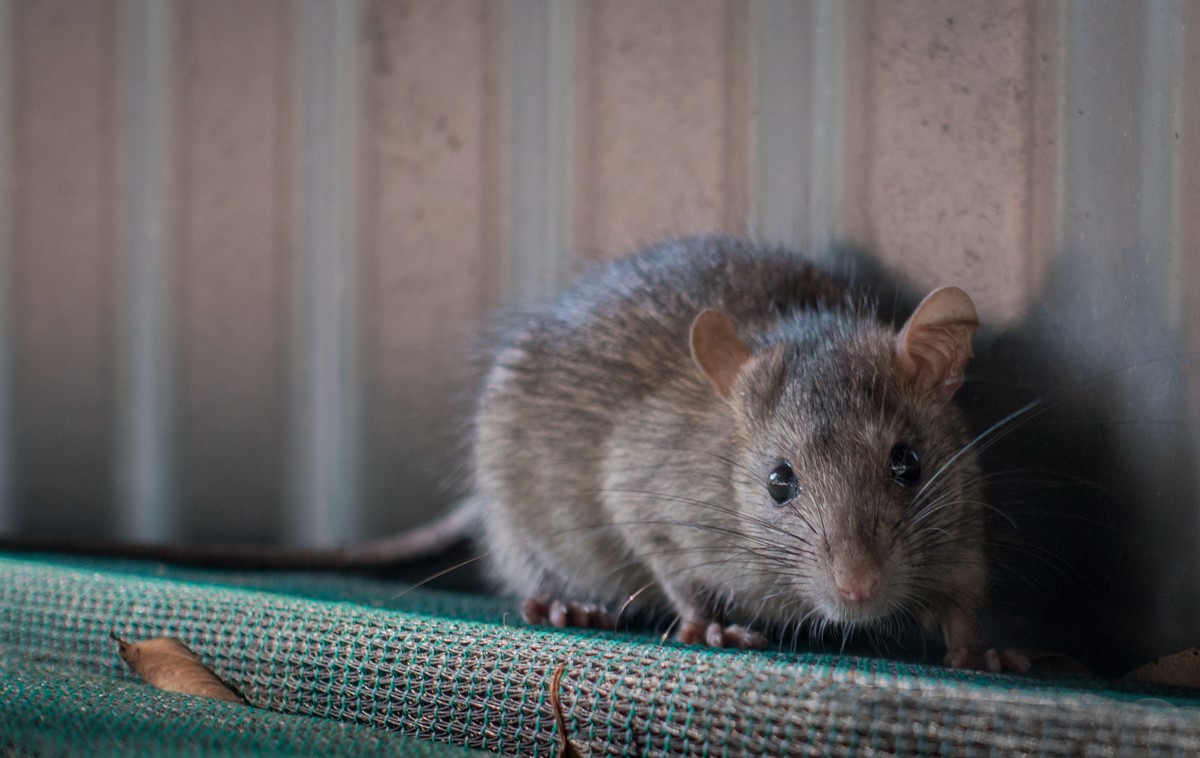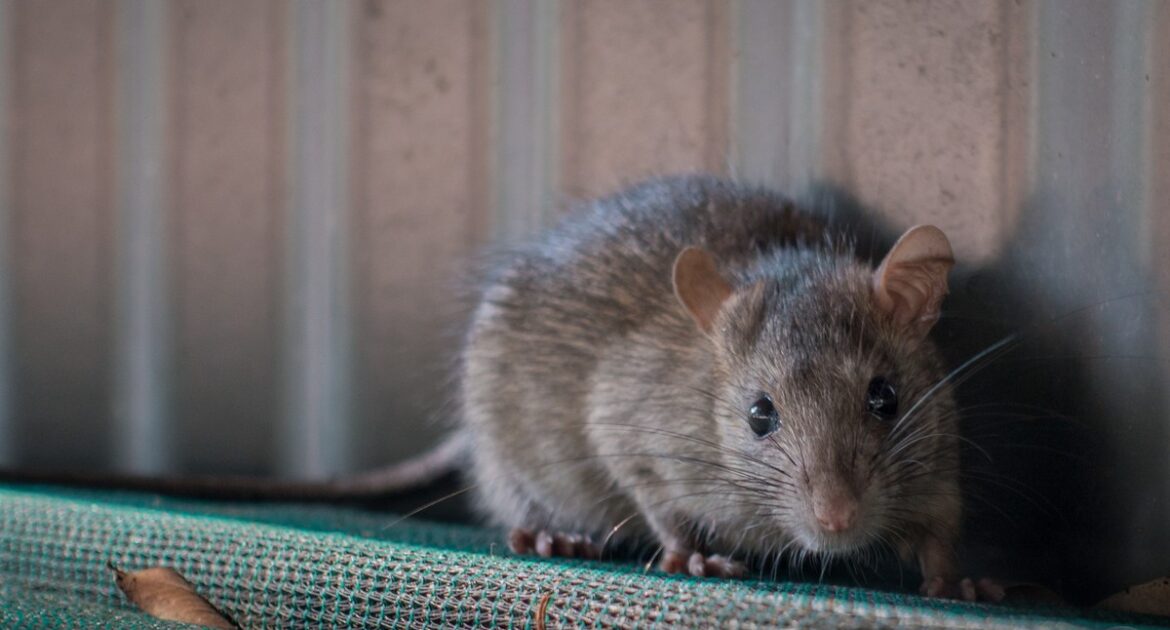When you discover that your pet has been bitten by a rat, it can be a distressing situation. Not only are you worried about your furry friend’s health, but you also need to think about the immediate steps to take for rat bite treatment. It’s crucial to act promptly to prevent any potential infections or complications.
Additionally, you may be pondering the best way to get rid of rats from your home to ensure such an incident doesn’t occur again. It’s essential to know that there are effective strategies available to help you address this problem and even get rid of rats permanently.
In this article, we will walk you through the necessary steps to care for your pet and provide practical advice on maintaining a rat-free home. By following expert recommendations, you can ensure the safety and well-being of both your pet and household.
What To Do If A Rat Bites Your Pet?
First and foremost, if your pet has been bitten by a rat, assess the injury’s severity. Rat bites can vary from minor scratches to deeper wounds, and knowing the extent of the injury will guide your next steps. Clean the wound thoroughly with mild soap and water to prevent infection. Remember, rat bites can introduce bacteria into your pet’s system, so cleanliness is crucial.
Next, apply an antiseptic solution to the wound to further reduce the risk of infection. Keep an eye on any signs of swelling, redness, or discharge, as these could indicate an infection is developing. If the bite seems deep or if your pet appears to be in significant pain, it’s best to seek veterinary attention immediately. A professional can provide the necessary treatment and prescribe antibiotics if needed.
In addition to cleaning the wound, ensure your pet is comfortable and monitor their behaviour closely. They might be in shock or pain, so a calm and soothing environment is essential. Providing plenty of water and a quiet space can help them recover from the traumatic experience. Remember, your pet looks to you for comfort and reassurance, so stay calm and supportive during this time.
Long-Term Care and Monitoring
After addressing the immediate concerns, focus on your pet’s long-term care. Keep the wound clean and dry, changing bandages as recommended by your veterinarian. Watch for any signs of complications, such as persistent swelling or unusual behaviour. Sometimes, even minor bites can lead to infections or other health issues that require ongoing attention.
Your veterinarian might also recommend a tetanus shot or other vaccinations to prevent further complications. It’s essential to follow their advice and attend all follow-up appointments to ensure your pet is healing correctly. Regular check-ups will help catch any potential issues early on, making treatment more effective.
Additionally, consider your pet’s emotional well-being. A traumatic event like a rat bite can cause anxiety or fear in animals. Spend extra time with your pet, providing affection and reassurance. Engaging in their favourite activities can help them return to their normal, happy selves more quickly.
Best Way to Get Rid of Rats
Prevention is always better than cure, and there are several steps you can take to prevent future incidents. Start by making your home and yard less attractive to rats. This involves ensuring food is stored securely, trash cans are sealed, and any potential nesting sites are eliminated.
Consider setting up barriers to keep rats out. This might include sealing holes and cracks in walls, securing outdoor sheds, and keeping pet food indoors. By reducing the chances of encountering rats, you’re protecting your pets from potential harm.
Regular pest control maintenance is also crucial. While Skedaddle does not trap or relocate wildlife, we specialize in providing humane wildlife control solutions. Our services ensure that your home is safe and free from unwelcome visitors, providing peace of mind for you and safety for your pets.
Understanding the Risks
Rat bites can pose significant health risks to pets. Rats are known carriers of various diseases, including leptospirosis, rat-bite fever, and other bacterial infections. Understanding these risks emphasizes the importance of prompt and appropriate care following a bite.
Leptospirosis, for instance, is a bacterial disease that can affect both animals and humans. It’s transmitted through rat urine and can lead to severe health issues if not treated promptly. Symptoms in pets can include fever, vomiting, and lethargy. Immediate veterinary attention is critical if you suspect your pet has been exposed to this disease.
Rat-bite fever is another concern. This bacterial infection can be transmitted through a rat bite or even through contact with a rat. Symptoms may include fever, muscle pain, and joint pain, which can appear days or even weeks after the initial bite. Quick medical intervention is essential to treat this infection effectively.
By being aware of these risks, you can take proactive steps to protect your pet’s health and ensure they receive the necessary care if a bite occurs.
Building a Safe Environment for Your Pet
Creating a safe environment for your pet involves more than just addressing immediate threats. It’s about ensuring their overall well-being and reducing the risk of future incidents. Start by regularly inspecting your home and yard for signs of rats. Look for droppings, gnaw marks, and nests, and address any issues promptly.
Educate yourself on the behaviour of rats and other potential threats. Knowing what attracts them to your home can help you take preventive measures. For instance, rats are often drawn to food sources, so keeping your kitchen and dining areas clean and food stored securely can make a significant difference.
Engage your pet in activities and provide them with a stimulating environment. Boredom can lead to exploring dangerous areas, so ensure your pet has plenty of toys and regular interaction. A happy, occupied pet is less likely to encounter harmful wildlife.
Why Choose Skedaddle for Wildlife Control in Bowmanville
At Skedaddle, we pride ourselves on our humane approach to wildlife control. We understand that every animal plays a role in the ecosystem, and our methods reflect a commitment to ethical practices. Our team of experts is trained to handle wildlife situations with care and professionalism, ensuring that both your home and local wildlife are protected.
Our services are tailored to identify and address the root cause of the issue, preventing future invasions effectively. We provide thorough inspections, humane exclusion methods, and advice on maintaining a wildlife-free home. When you choose Skedaddle, you’re opting for a solution that respects animals and ensures your home remains a safe haven for you and your pets.
Humane and Effective Solutions
In conclusion, if a rat bites your pet, it’s crucial to act swiftly and responsibly. Clean the wound, seek veterinary care, and provide ongoing support to ensure a full recovery. Taking preventive measures can protect your pets from future encounters and keep your home safe.
Remember, Skedaddle offers professional and humane wildlife control services to keep your home and pets safe. Contact us today to learn more about how we can help you create a safer environment for your furry friends. Your pet’s health and safety are our top priorities.




